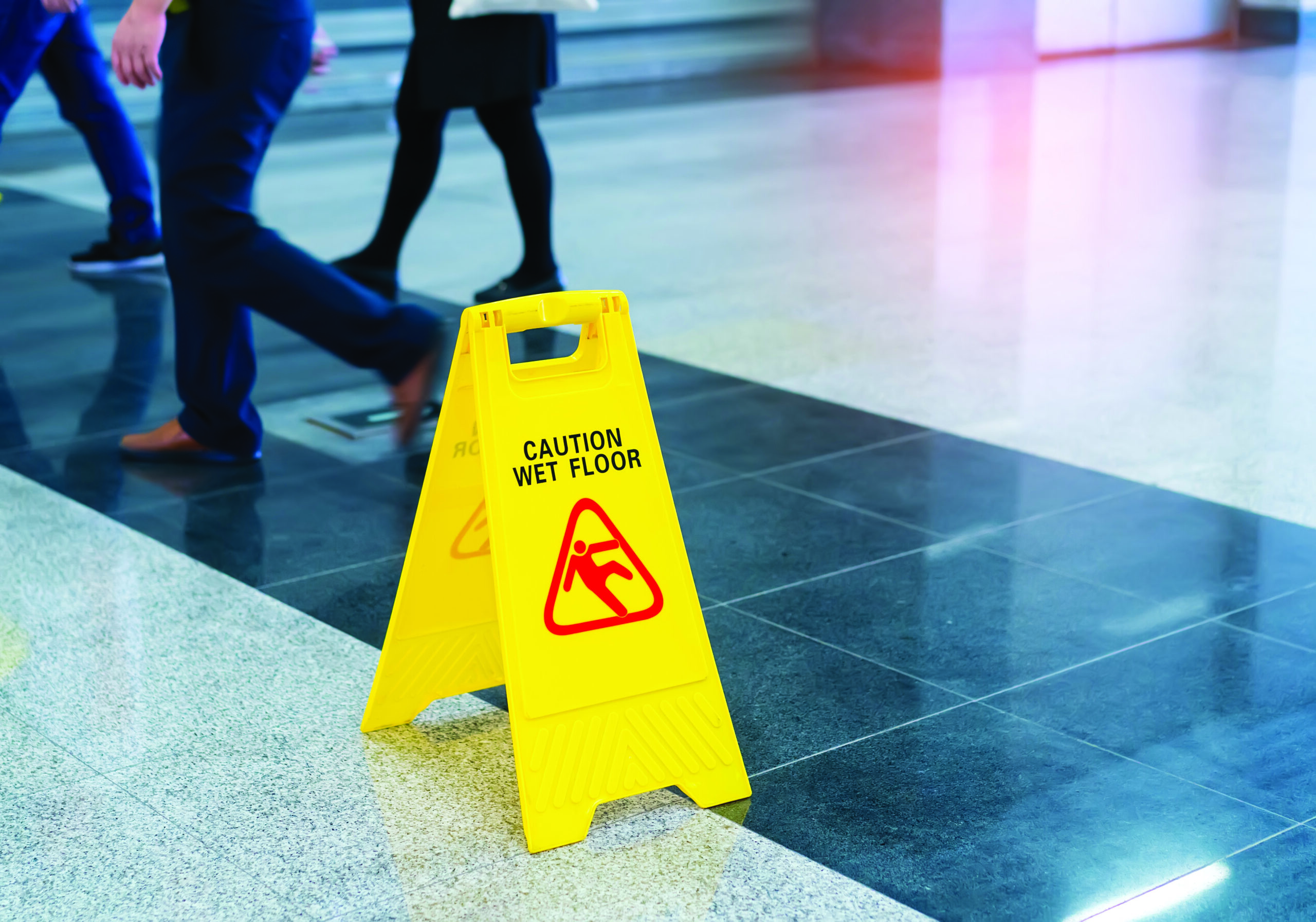by Keith Dozier of Wm. Keith Dozier Trial Attorney
Anyone can suffer a personal injury anywhere and at any time. Fortunately, most personal injuries are preventable. Below are some effective strategies and practical tips to help you and your family lead a safer, healthier life.
Home Safety
- Prevent Falls: Install handrails on stairs, use non-slip mats and keep floors clutter-free. Ensure proper lighting in all areas, especially staircases and hallways. Only climb a ladder with someone to assist with stability. Ensure that sidewalks near your home are level, well-lighted and free of tripping hazards.
- Childproofing: If you have young children, you must secure cabinets, outlets and sharp objects, including the sharp corners of furniture and appliances. Use safety gates and guardrails where necessary.
- Fire Safety: Install smoke detectors and fire extinguishers and regularly check them. Create a fire escape plan for your family and practice it. Ensure that candles are never placed near flammables.
- Kitchen Safety: Keep sharp objects out of reach. Use oven mitts and be cautious with hot surfaces. Install childproof locks on cabinets containing cleaning products. Learn how to extinguish a grease fire if one were to ever occur in your kitchen.
Road Safety
- Seatbelts: Always correctly adjust and wear your seatbelt when driving or riding in a vehicle. Ensure that children are restrained correctly in appropriate car seats or boosters. Often, local fire departments will show you how to use your child safety seat correctly.
- Avoid Distractions: Never use your phone while driving. Stay focused on the road, and pull over to take calls if necessary.
- Don’t Speed: Follow posted speed limits and drive safely based on the conditions. Speeding is a common factor in most vehicle accidents.
- Defensive Driving: Anticipate what other drivers will do and be prepared to react quickly if needed.
- Don’t Drive Impaired: Never drive under the influence of alcohol or drugs. Don’t drive when you’re tired or sleep-deprived. Use a designated driver or arrange alternative transportation when necessary.
Workplace Safety
- Ergonomics: Maintain good posture and use ergonomically designed furniture and equipment. Take regular breaks to stretch and move around. Consider special eyeglasses that may reduce strain from working at a screen for extended periods.
- Safety Gear: If your job requires safety gear, such as helmets, gloves or goggles, always wear them as directed.
- Training: Attend safety training sessions and follow all safety protocols established by your employer or the manufacturer of any dangerous equipment you may operate.
- Reporting Hazards: Report any unsafe conditions or hazards to your supervisor immediately.
Exercise and Sports Safety
- Warm-Up: Always warm up before exercising to prevent muscle strains and injuries. This, and stretching, are two of the easiest ways to avoid injury.
- Proper Equipment: Use the right equipment and ensure it’s in good condition. Helmets, pads and other protective gear are essential for many sports. Ensure that they fit correctly.
- Know Your Limits: Don’t push yourself too hard or fast. Gradually increase the intensity of your workouts to prevent overuse injuries. Listen to your body. Pain means something is wrong.
- Stay Hydrated: Dehydration can cause cramps and other health issues during physical activities. Drink plenty of water and ensure you are consuming enough electrolytes. Avoid sugary drinks and carbonated beverages before and during exercise.
General Safety Tips
- Stay Informed: Be aware of the risks associated with different activities and environments. This awareness includes extreme weather and fire dangers. Knowledge is your first line of defense.
- Plan Ahead: Before embarking on any adventure or activity, plan accordingly. Let someone know where you’re going and when you expect to return.
- First Aid Knowledge: Learn basic first aid and CPR techniques. Knowing how to respond in an emergency can save lives. Keep a well-stocked first aid kit in your home and in your vehicle.
- Avoid Risky Behavior: Use common sense and avoid risky behaviors, such as reckless driving, substance abuse or dangerous stunts.
Personal injuries are often preventable, and by following these guidelines, you can significantly reduce your risk. Safety is a conscious choice, and being proactive in your daily life can help you avoid accidents and injuries. By taking responsibility for your well-being and the well-being of those around you, you can enjoy a safer, healthier life.








Leave A Comment